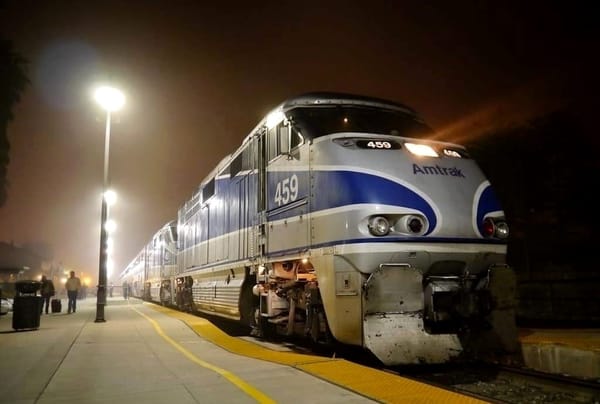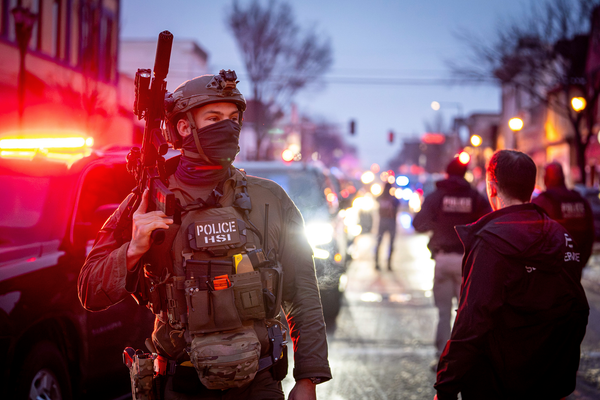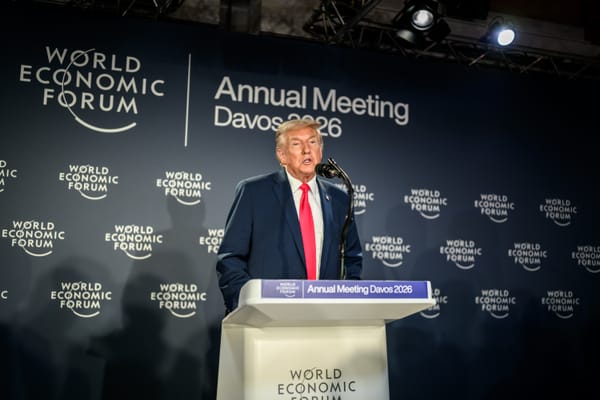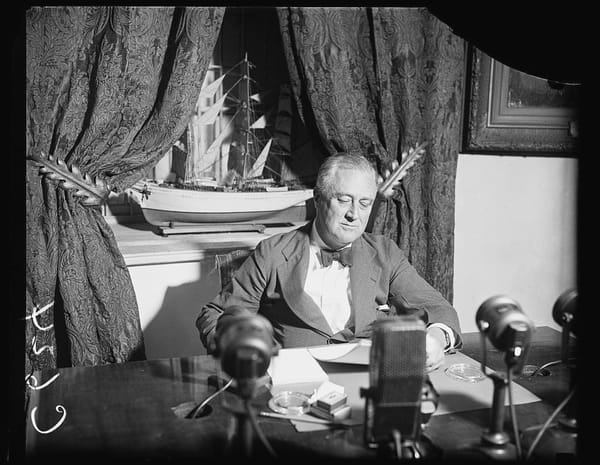Two legal history experts on using the military against the people
Two legal history experts explain the laws and precedent surrounding the government using the military as a domestic police force.
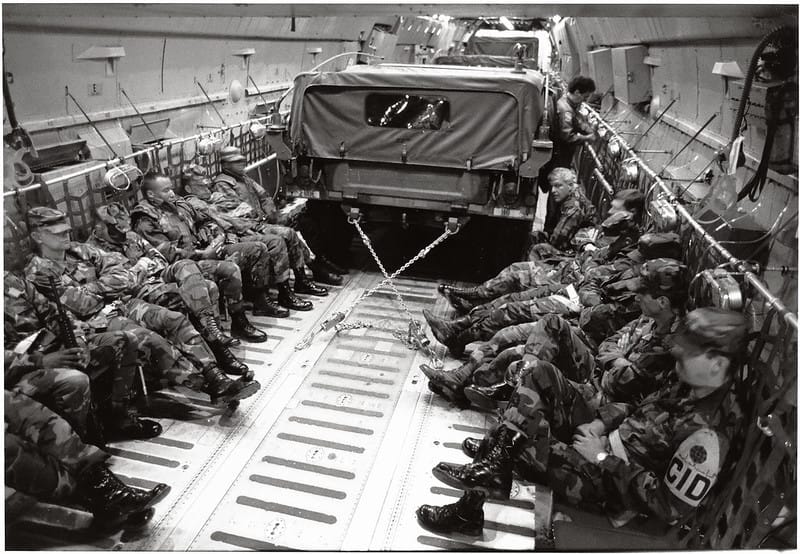
Donald Trump threatened to use the military against American citizens during the 2024 presidential campaign, and he's been testing out how that works since he took office. The National Guard and the Marines were deployed to Los Angeles during protests in that city in June, and the National Guard was recently deployed in Washington, D.C. to address a crime problem that he has greatly exaggerated.
Trump has mused about expanding these types of efforts to other cities—such as Chicago and New York—and it seems clear that there will eventually be an escalation of how he uses military force on American soil. There are legal limits to how Trump can utilize the military in this way, and we do have some history to look at to help us understand how presidents have used troops to address real or perceived domestic problems in the past, so let's dive into that.
Gautham Rao, a legal historian at American University, tells me that the United States using the troops against the people has happened numerous times before.
“There is a long tradition of the United States using troops against the people," Rao says. "It is almost always justified as a way to quell unrest, but a key factor in this is that the people undertaking the unrest tend to be the less powerful in society.”
Rao cites the Whiskey Rebellion during the Washington administration, the 1811 German Coast slave rebellion in Louisiana, Andrew Jackson deploying federal troops to attack canal laborers on the C&O Canal in 1834, an 1850s deployment to intimidate abolitionists protesting the enforcement of the Fugitive Slave Act, the Pullman Strike and more as times when this has happened.
“The rationale has been that local law enforcement is incapable of handling violence, so a greater level of force is required to maintain the rule of law," Rao says. "However, that rationale allows the use of force that more often than not tramples basic constitutional rights.”
Anthony Ghiotto, an associate professor of law at the University of Illinois Urbana-Champaign, agrees that the military being used as a domestic police force is certainly something we've seen before.
“There’s a long history of presidents either deploying or threatening to deploy the military domestically," Ghiotto says. "Sometimes it’s been in the service of justice—for example, Eisenhower sending federal troops to Little Rock in 1957 to enforce school desegregation. Other times it has been to quell unrest, like when troops were sent to Los Angeles during the 1992 riots, which was done at the request of California's governor.”
Ghiotto notes that sometimes it's a governor, rather than the president, deciding to use the National Guard against the people. Here he cites Kent State in Ohio in 1970—when the Ohio governor called in the Ohio Guard to deal with anti-Vietnam War protesters at Kent State University and four students were killed.
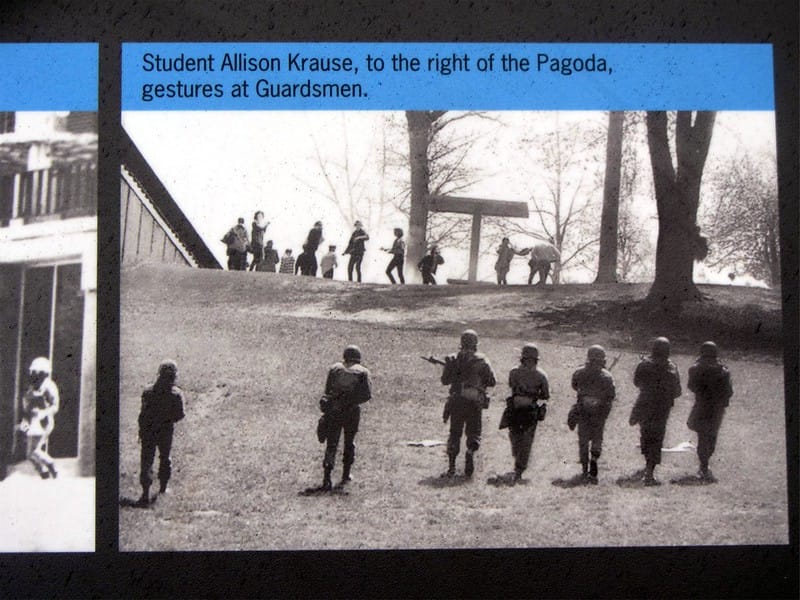
“Issues arise when the president either uses the federal military domestically or when the president nationalizes the National Guard, basically removing them from state control and making them part of the federal military," Ghiotto says. "This is what Trump did in Los Angeles a couple of months ago.”
In terms of the legal issues here, the main laws to focus on are the Posse Comitatus Act of 1878 and the Insurrection Act. The Posse Comitatus Act, in summary, makes it a criminal offense for the federal military to be used to enforce civilian law. The Insurrection Act is the only way to get around that law, and it allows the president to use the military as a police force to address "unlawful obstructions, combinations, or assemblages, or rebellion" against the government.
“If the troops are federal troops, they can only be directed to do domestic law enforcement if the president invokes the Insurrection Act," Ghiotto says. "The Insurrection Act is an exemption to the Posse Comitatus Act."
Ghiotto says he worries that Trump is using the military for authoritarian purposes and to essentially "effectuate his coup." He says he's spent quite a bit of time imagining how this could all play out.


